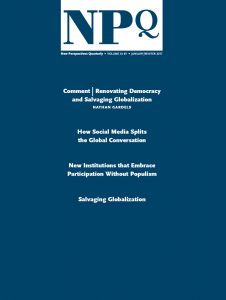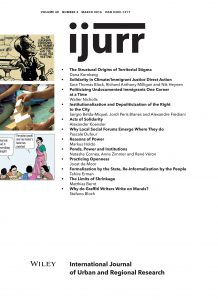Explanations of Contemporary School Discipline
Over the past two decades, schools across the U.S. have adopted a host of punitive practices and policies to prevent and respond to student misbehavior (Kupchik 2010). These practices include the use of security cameras, metal detectors, drug-sniffing dogs, and the full-time presence of police officers. Consequentially, the distinction between school discipline and criminal justice has become highly blurred. For a host of reasons, there has been an increase in surveillance over students and a tighter link between the education...





1099-1328/asset/dsa_logo.jpg?v=1&s=e4815e0ca3064f294ac2e8e6d95918f84e0888dd)